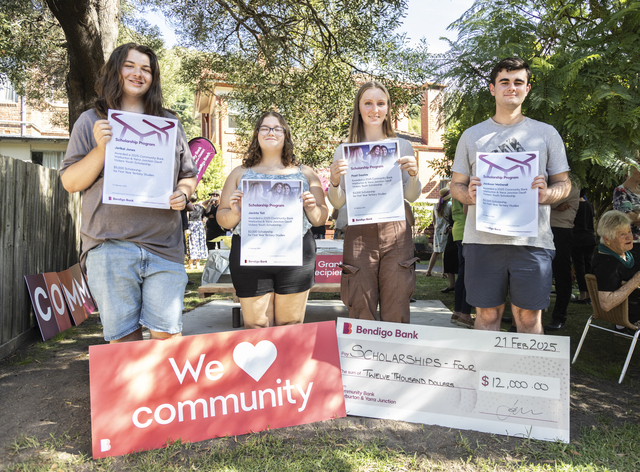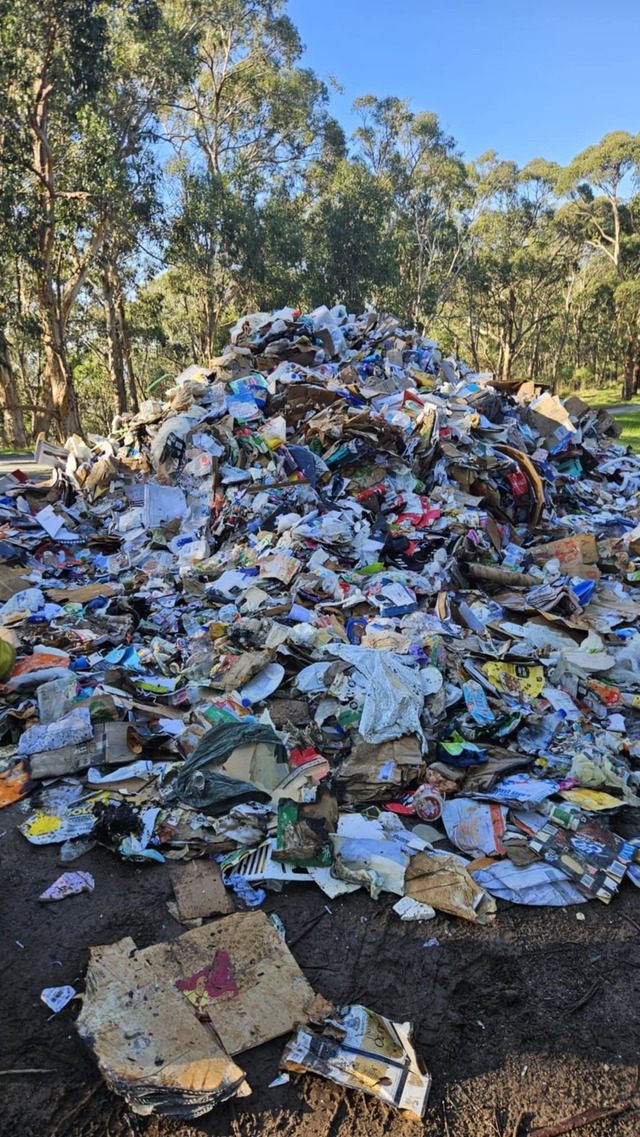Summer is coming in hot this year and local emergency services are getting prepared – with one organisation tackling the resource management and planning for extreme heat days across the Yarra Ranges.
The Yarra Ranges Emergency Relief Network (YRERN) met online on Tuesday 31 October – along with representatives of CFA, SES, Vic Police, Ambulance Victoria, members of the Yarra Ranges Council hazard planning and emergency management teams and over 16 community groups.
YRERN Coordinator Fiona Regan said the session was themed around heat preparation and that YRERN aims to better support the groups who are working in the emergency relief space in the Yarra Ranges.
“In terms of offering support and advocacy, we look at things that people might need more information about that would be hard to source individually as organizations,” she said.
“We’re coming into summer, we thought it’d be a good idea to get grouped together and have a look at heat preparedness.”
Ms Regan said although the community is fairly aware of bushfire risk, the organisation also wanted to talk about heat risk and heatwave risk.
“Heatstroke is actually a health outcome far more dangerous than bushfires and we know that more heat waves are coming,” she said.
YRERN opened the session with a seasonal forecast for the coming months, held a Q&A with emergency services and Yarra Ranges council staff, and shared resources on planning for heat emergencies.
“We also started conversations between groups in four different Yarra Ranges areas – Urban, Valley, Hills and Upper Yarra – as making connections and forming relationships is a really important part of heat preparedness,” Ms Regan said.
The online forum gave attendees a chance to collaborate with YRERN and discuss potential issues with heat waves, such as power outages.
Ms Regan said a lot of the groups work in food relief and these issues require consideration and YRERN is encouraging them to think about the impacts.
“Particularly if you’re not in a fully structured organization, it’s not necessarily high up on the list of plans on what your organization is going to do in certain circumstances,” she said.
“If you’ve got clients who are relying on your food pantry to be fed, but either there’s a bushfire is coming, or the power has been out for three days – What’s actually your approach to that?”
Tecoma Food is Free volunteer and Hills representative for YRERN Sue Brown said that people are used to coming into facilities for assistance with food insecurity but that the Tecoma church itself closes on extreme fire days.
“We understand that people still need to access service, especially if they are evacuating and we try to put out things like water or food that can be taken on the go,” she said.
“The church runs off solar and doesn’t have a battery – so if we do lose power, we do have issues. But we do the best with the resources that we’ve currently got”
Ms Brown said that reflecting on the 2009 bushfires, she remembers that there were weeks of really hot days.
“In the mornings you had to get off the mountain – it was really difficult for vulnerable people, particularly if they didn’t have anywhere else to go,” she said.
Accessing information in times of emergency is incredibly important and Ms Regan said it can be difficult to get that information to vulnerable people.
“If you’ve got people coming to a food pantry – well then get some emergency preparedness booklets on display at the food pantry, so people can be picking them up at the same time,” she said.
Ms Regan said the meeting was a chance to pose questions which will help develop plans surrounding resources like generators.
“It’s trying to share that load between a lot of different groups and look at what works best in each area because what works in Healesville isn’t the same as what is going to work in Warburton,” she said.
“What YRERN can do is be a centralised point for information – we’re one point that people can contact, and then we can contact the 50 or more organizations that are part of the network.”







